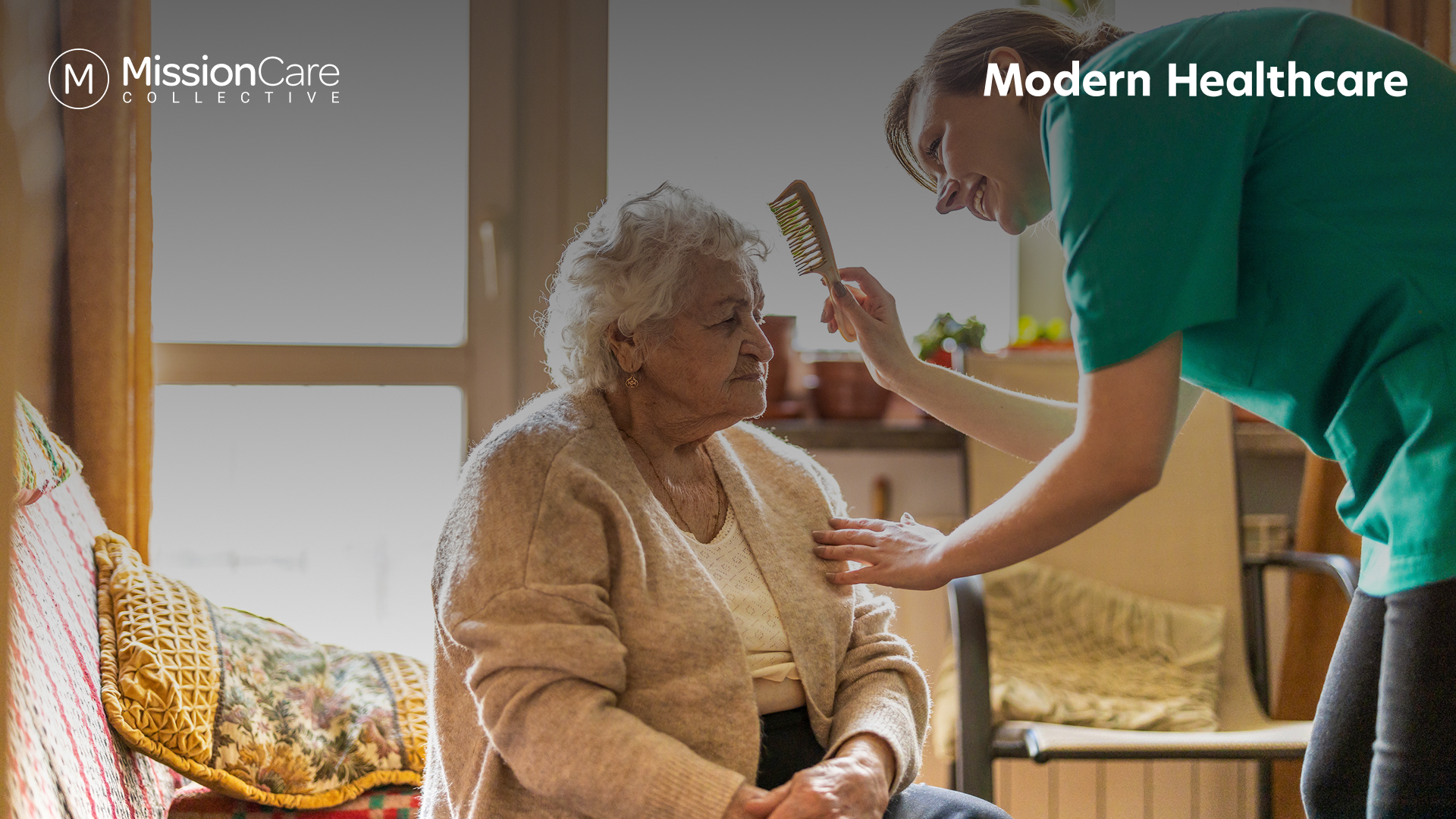As the U.S. healthcare system strains under the weight of an aging population and rising costs, more leaders are turning to an often-overlooked solution: non-medical home care workers. A recent Modern Healthcare article highlights how this essential workforce could play a pivotal role in reducing costs and improving outcomes — if we can find ways to recruit and retain enough of them.
A Vital Role with a Growing Impact
New initiatives from organizations like Johns Hopkins University, Aetna, and the state of Massachusetts aim to elevate the status of home care workers through targeted training and local hiring strategies. While these caregivers don’t provide clinical care, they often spend more time with patients than doctors or nurses — giving them a critical front-row seat to changes in health status.
By integrating home care workers into interdisciplinary care teams, providers are increasingly relying on them to monitor chronic conditions, report early warning signs, and help prevent costly emergency visits or hospitalizations.
A Workforce in Crisis
Despite their rising importance, home care agencies face crippling workforce shortages. Low wages, high turnover, and competition from other industries make staffing a constant challenge. One example cited in the article: Ally Home Care in North Carolina lost more than $1 million in revenue last year due to unfilled shifts.
Nationally, the demand is staggering — the U.S. will need to fill 4.6 million caregiver roles over the next decade. The message is clear: without bold workforce strategies, the system cannot sustain value-based care.
Building Solutions Together
At MissionCare Collective, we’re collaborating with industry stakeholders to accelerate scalable workforce solutions. Most recently, in partnership with Aetna and the Alliance for Care at Home, we launched a targeted initiative to strengthen the direct care workforce in Illinois, Louisiana, and North Carolina. It’s a small but important step toward a much larger goal.
[Learn more about the initiative here.]
Final Thought
As home care moves to the center of population health and value-based care models, one thing is clear: caregivers are not just supportive — they are strategic. When empowered, supported, and heard, this workforce has the power to reshape how care is delivered in this country.
Read the full article in Modern Healthcare here.


